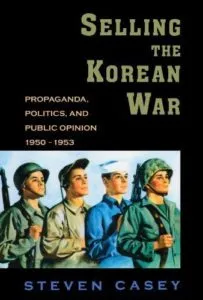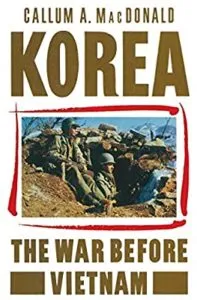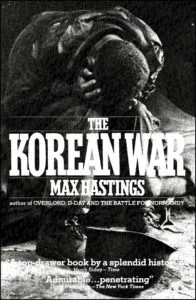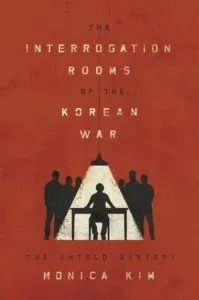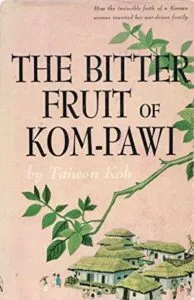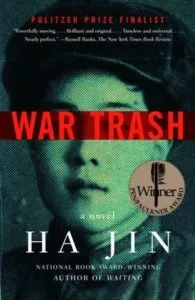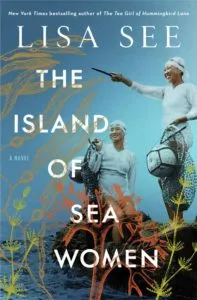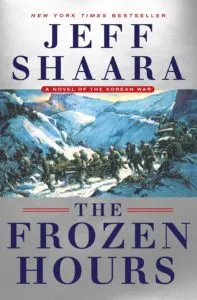
15 of the Best Korean War Books Ever Published
This content contains affiliate links. When you buy through these links, we may earn an affiliate commission.
Sometimes what history class teaches us just isn’t enough. I know that for me, the Korean War was little more than a chapter in a history textbook. Thankfully, there are plenty of supplemental materials out there for those who want to educate themselves. Though this war only lasted three years (from 1950 to 1953), its massive impact on the United States, North and South Korea, and the world still reverberates today. Dive in with some of the best Korean War books below and get learning!
Note: There is, unfortunately, a dearth of women writers with books published on this subject, and so this list is not as inclusive as I’d like.
It’s much easier to fight a war when the public supports it. American leaders knew this and worked hard to present a clear-cut, victorious picture of what was going on in Korea to garner support. After World War II, where the American victory was obvious and its moral standing was unambiguous, the public needed coaxing to buy into the idea of this one. This book goes in-depth in explaining exactly how this occurred through propaganda, politics, and more.
Complete with photographs from the era, this text claims to be “the most unbiased examination” of the war. Considering every author has a specific background and political viewpoint, I’m not sure any book can be truly unbiased. However, history experts widely revere MacDonald, so it’s a good place to start. This one offers more of an eagle eye view, rather than an intimate look at soldiers or citizens during the time.
Next, we have the book that always appears on these best-of lists. Max Hastings’s eloquent prose and compelling accounts compose this riveting history of the Korean War. The coolest thing about this book is its use of personal, intimate interviews with veterans and citizens to paint a complete picture of the time. Honestly, I’m so thankful for history texts that are actually readable. Learning history is vital toward creating a better future. Making history books impossible to slog through just helps people remain ignorant about the past.
This recent release delves deep into a new kind of battlefield—the interrogation room. Kim discovers how the Korean War was over territory, yes, but also over the human subject. The latter fight occurred often in these rooms, where politics, allegiance, propaganda, and more come into play.
Though hard to find now, The Bitter Fruit of Kom-Pawi is a fantastic primary source. A memoir published in 1959, it offers plenty of cultural details and insight that are still used today in research. (Though be warned, it is a little didactic, often pushing a Christian agenda to its readers.) The author was a mother separated from her children and husband during the war, working to find her way back.
This Pulitzer Prize finalist provides a voice to those we don’t often hear from in common Korean War books—Chinese soldiers held in U.S. war camps. Ha Jin speaks for these prisoners of war through character Yu Yuan, a prisoner who speaks English. The U.S. soldiers make him into a makeshift translator, communicating between his fellow prisoners and the soldiers keeping them there. This is an ambitious novel exploring empathy, allegiance, and more.
This novel follows Mi-ja and Young-sook as their lives intertwine in their village’s women-only diving collective. Set on the Korean island of Jeju, it traces their bond through Japanese colonialism, World War II, and the Korean War. They have great differences due to their respective backgrounds and family legacies. However, they grow close still, straining to remain friends during world-altering events like war and occupation.
Often considered a “master of historical fiction,” Jeff Shaara chooses the Korean War as the setting for one of his latest books. This novel retells a standoff between Chinese and American forces in 1950. It uses multiple points of view, including a famous American general, an American private, and the commander of the Chinese forces. Blending fiction and reality, this is a stirring dive into the war on the ground.


